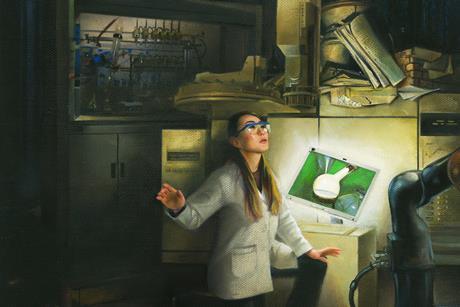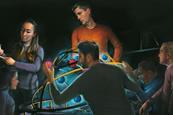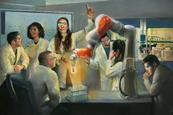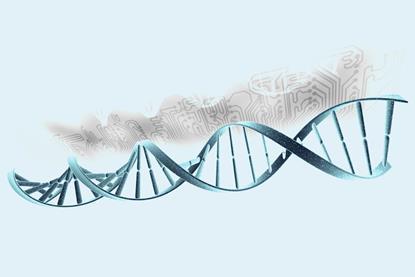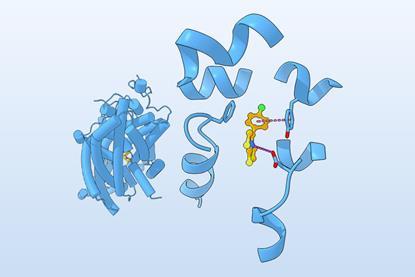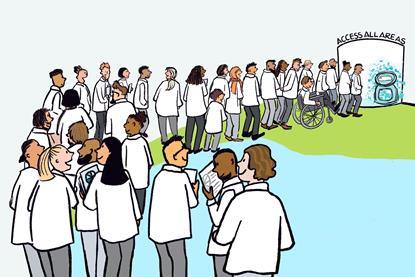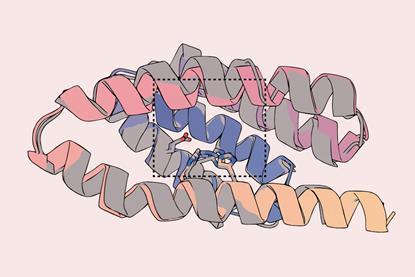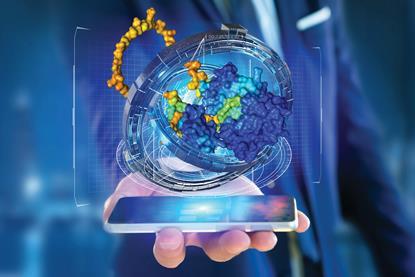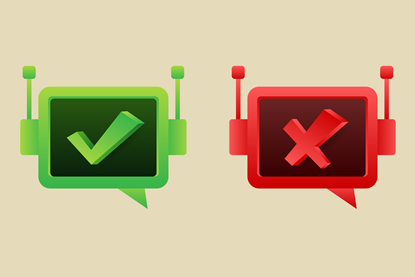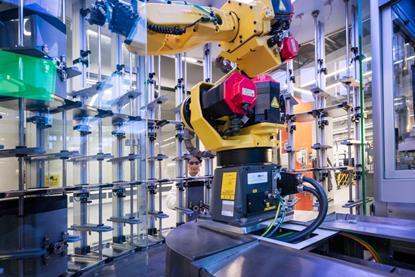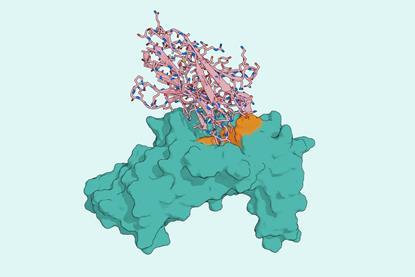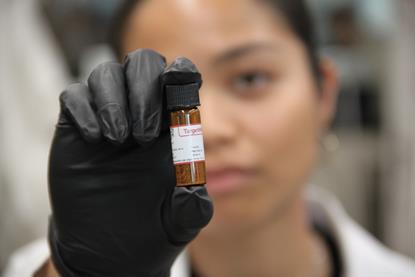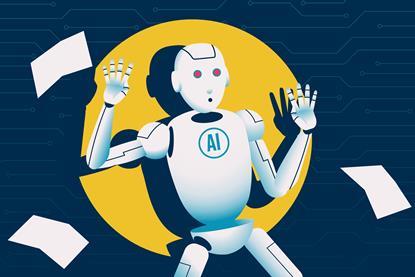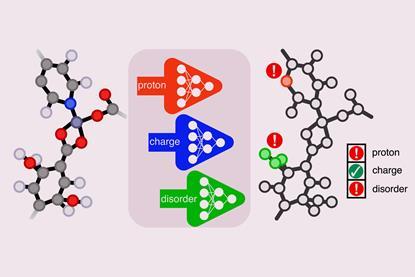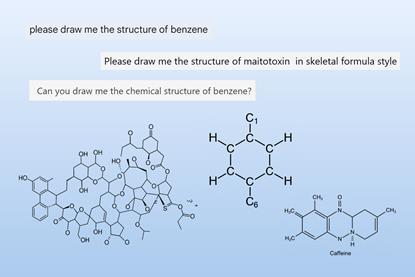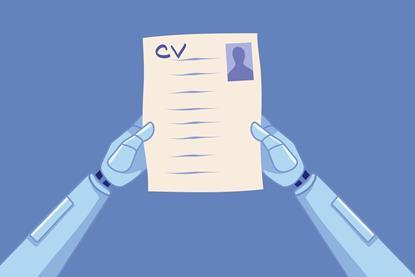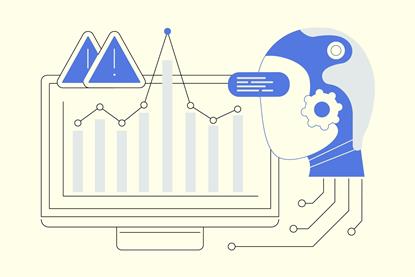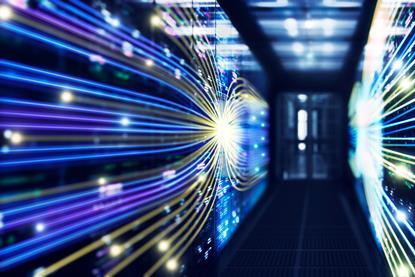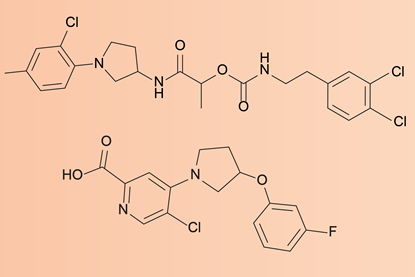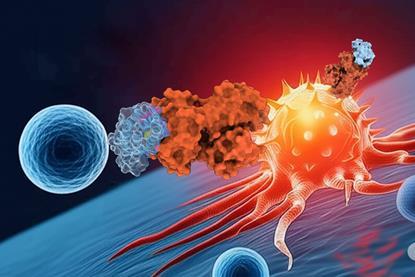AI and automation
In this collection, we explore the latest developments in artificial intelligence (AI) and automation, covering technologies and applications such as machine learning, robotics, laboratory automation and data analysis, and their impact on chemistry research, the profession, and chemistry-using industries.
The robots revolutionising chemistry
Researchers working with automated systems are pushing the boundaries of what chemists can achieve in the lab, reports James Mitchell Crow
What does AI mean for chemistry?
Phil Ball looks at whether letting machines do our thinking for us will change our understanding of chemistry itself
How to automate your lab
Whether it’s robots, automation or software hacks, Nessa Carson finds ways for everyone to improve how they work in the lab
The psychology of our future with AI
It’s time to accept that digitalisation is changing laboratory work, and embrace the opportunity
Encoding creativity in drug discovery
Machine learning can complement and reinforce human intuition and experience
How will AI and automation change chemistry?
It’s going to change our lives. But it’s not clear in what ways
You don’t need coding to be a chemist
Writing your own software can be useful, but what matters is knowing how to use it
Robots in the lab – learn how automation can streamline your workflow
The future of lab automation is promising. This webinar session reveals the answers to the most important questions in chemistry related automation today
SmartChemistry brings the power of AI and machine learning into your lab
Digital chemistry technologies provide the tools to accelerate your research
- Research
Google’s AlphaGenome wants to do for DNA what AlphaFold did for proteins
Model predicts effect of mutations on sequences up to 1 million base pairs in length and is adept at tackling complex non-coding regions
- News
AI research tools benefit individual scientists but may slow scientific progress
There may be a conflict between personal and collective gain in the sciences
- Research
AI tool dramatically reduces computing power needed to find protein-binding molecules
New protocol is up to 10 million times faster than current docking-based methods
- Research
AI agents set to democratise computational chemistry
Large language models are powering a new generation of AI agents that could transform computational chemistry from a specialist discipline into one any researcher can use, reports Julia Robinson
- Opinion
Democratising science, one step at a time
Artifical intelligence is just the latest method to open up chemistry to more people
- Research
AI flexes its protein design muscles for harsh environments
‘Creative architect’ can produce proteins that are four times stronger than natural counterparts
- Research
Protein design takes big leap forward as model produces enzymes almost as effective as nature’s
New iteration of RoseTTAFold Diffusion optimises side chain placing to break bonds
- Opinion
What’s on your lab technology wish list?
Once-magical tools are now mundane. What will the next miracles be?
- News
UKRI opens up grant proposal data to explore using AI to smooth peer review
Surging applications has led the UK’s main funder to look at ways to reduce the burden on reviewers
- Research
Chemistry and AI pushes biosignature detection for life back billions of years
Combining analytical chemistry with machine learning doubled the age of ancient rocks that can be examined for signs of primordial life
- News
‘AI will have a very large impact on chemistry’: £100 million AI materials hub to be built in Liverpool
Aim-Hi project to speed use of AI in materials science and accelerate discovery science
- News
'Chemistry is incredibly complicated’: The interface between chemistry and art
Liverpool PhD student Emma Brass talks to Chemistry World about her AI-powered art installation
- Research
AI-designed antibodies target antigens with atomic precision
Epitope-binding proteins designed from scratch by generative AI model
- Research
AI cut development time of antibiotic that spares gut-friendly bacteria by two years
Animal tests show promise to target invasive strain of E. coli but approval for use in humans is still years away
- News
AI company will pay authors $1.5 billion in damages after using their copyrighted works to train its models
Academics set for payouts of $3000 for each book that was illegally downloaded
- Research
Neural network trained to classify crystal structure errors in MOF and other databases
Study serves as a reminder that machine learning models are only as good as the data they are trained on
- News
The chemistry community should ban drawing chemical structures with generative AI, chemists warn
AIs like Microsoft’s Copilot, Google’s Gemini and OpenAI’s ChatGPT still make serious errors rendering structural formulae
- Opinion
AI tools for chemistry aren’t the end, they are a means to a beginning
Is there life after death for the fields that fall to AI?
- News
AI helps identify over 1000 dubious open-access journals from screen of 15,000 titles
Program compares favourably with human integrity experts
- Research
Modelling suggests waste heat from AI data centres could power carbon capture and water purification
Analysis considering thermodynamics, economics and emissions shows how AI could flip its environmental footprint to become both water-positive and carbon-negative
- Research
Antibiotics designed with the help of AI attack bacteria in entirely new ways
Two new compounds display potent activity against deadly drug-resistant bacteria
- Research
AI tools turned to creating designer proteins for personalised cancer therapies and antibiotics
Powerful new class of AI model could dramatically speed up process of producing new kinds of drug candidates
